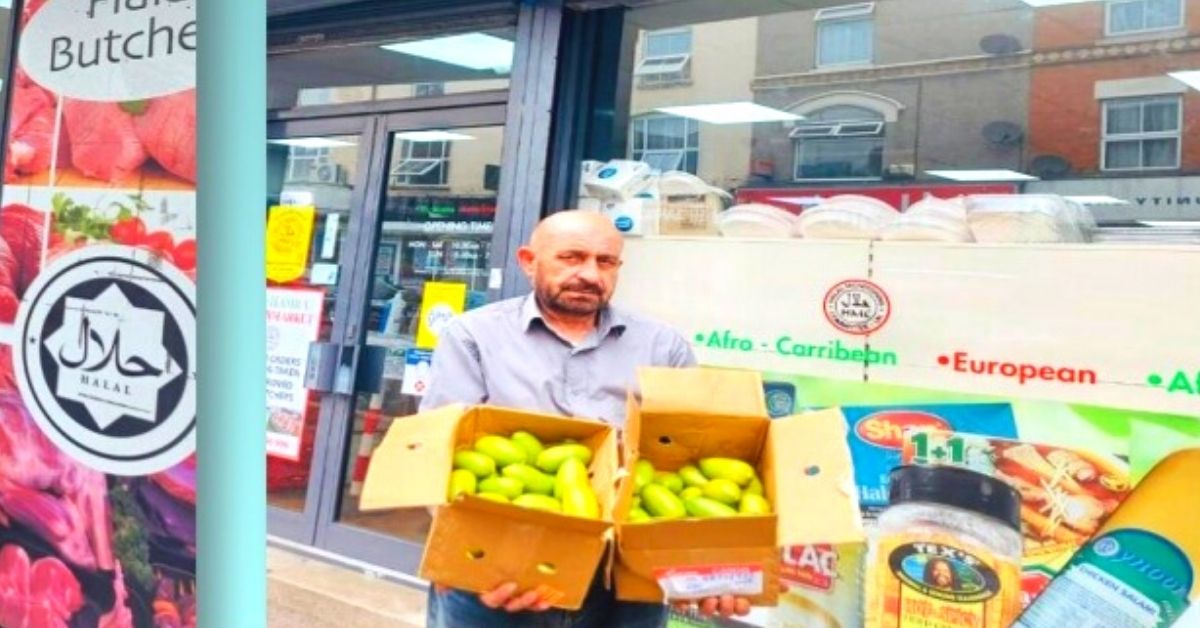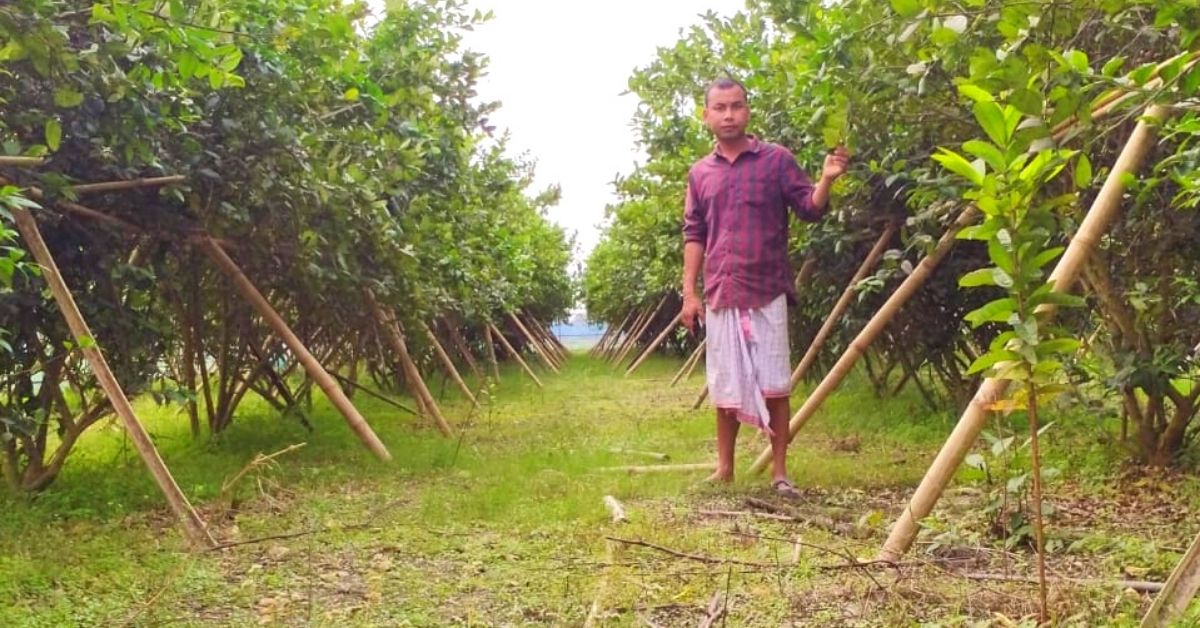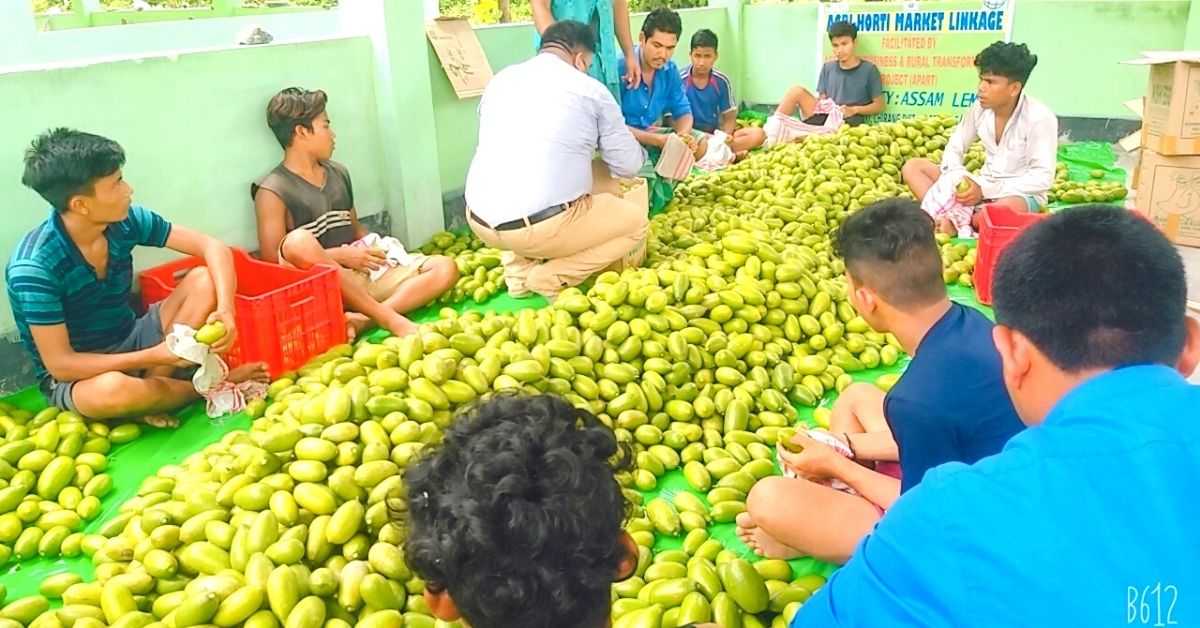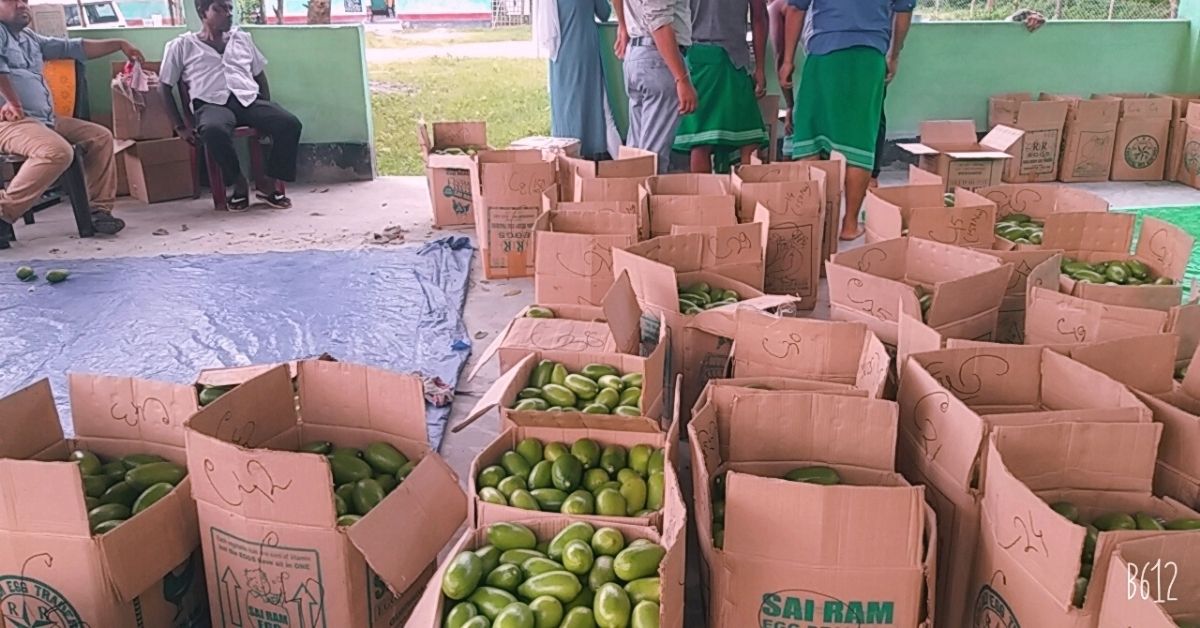The unimaginable happened in July this year when 1,200 kilos of Kaji Nemu, a variety of lemon from Panbari village of Assam’s Chirang district, were exported to the Wholesale International Market Spitalfields in London, UK, at twice the rate.
Selling one lemon for Rs 2.5 in London was a huge deal for farmers in Panbari, who earlier sold their produce for Re 1, and sometimes even less than that, in the domestic market. It is no surprise then that most farmers grow it as an extra crop or when there is additional space available in the field.

But thanks to Panbari Bodofa Agro Organic Producer Company, the value of geographical indication (GI)-certified Assam lemon has embarked on an upward trajectory. The company, set up by the state government under the Assam Agri-Business and Rural Transformation Project (APART), consists of organic farmers. Its aim is to motivate farmers to switch to organic farming and give them concrete market linkages for their produce.
“The unusually long and oval shaped lemons have more juice than the regular ones. The Kaji Nemu is routinely used in traditional Assamese cuisine and most people grow it in their backyard. In our district, close to 800 farmers are growing this variety, covering about 300 hectares. The lemons are seedless and have a longer shelf-life. They have a distinct aroma and taste,” says Upendra Boro, a farmer and CEO of Panbari Bodofa Agro Organic Producer Company.
Upendra was one of the 10 farmers who supplied the lemon varieties to London. He began his farming career with use of chemicals and later switched to organic methods in 2016. Since then, he has inspired and trained close to a thousand farmers in organic farming through subsidies and agricultural schemes.

In 2019, these Assam lemons went beyond their supply to Meghalaya and Mizoram for the first time when they were exported to Dubai.
A Seedless Variety
According to the Geographical Indications Journal, Kaji Nemu is believed to be an accidental discovery.
“The variety of Assam Lemon (C limon) has originated as a chance seedling raised in the citrus station, Burnihut from the progeny of the variety collected under the name Chinakaghi from the village Hashara,in the district of Sivasagar. This has been propagated by vegetative means as a clonal horticultural variety and named as ‘Kaji Nemu Assam Lemon’,” it stated.

Sour in taste, the lemon is used in culinary dishes, beverages and by pharma industries too. It is comparatively larger than the regular lemon and yields up to 200 lemons per tree, which is higher than the conventional lemon varieties.
“If stored at an ambient temperature between 30-32°C, the fruit stays fresh and retains its colour for up to a month. Due to insufficient market linkages we haven’t had the chance to get a fair price for this lemon. Now with the GI tag and international deals in our favour, we hope to scale up this movement and help more farmers. It will be a very proud moment for Assam farmers,” says Madan Basumatary, a farmer and co-director of Panbari Bodofa Agro Organic Producer Company.
How to Grow Kaji Nemu
It takes about a year for a Kaji Nemu tree to grow fully, and 1 bigha (a little more than half-an-acre) land can give up to four quintals of lemons per week. One tree can last for nine years. Additionally, one of the biggest advantages of growing lemons, Upendra says, is intercropping. On his 40 bighas of land, he has allotted three bighas for lemons. He plants them between plantations of coconut, papaya, banana and dragon fruit.
“This helps me save space and the bigger plantations provide shade to the trees while sharing the water and keeping the roots moist. The trees can be grown anytime of the year by three methods — stem cutting, leaf-bud cutting and air layering,” says Upendra.
In the stem cutting method, a fully matured stem of Kaji Nemu with 20-cm length is cut 1 cm above the node. It is planted in a nursery bed that is prepared with cow dung, vermicompost and soil. Second method is to take a leaf bud cutting from the branch and replant it. Meanwhile, air-layering is a method of producing a new identical plant by removing one strip of bark and covering it with damp moss and a piece of polythene sheet. Once the sapling is ready, it should be planted in the main field.

Upendra says, the trees should be watered not more than twice every month and the distance between the two trees should be 9×9 feet for hassle-free harvesting. Weeding and mulching with paddy straw should be done every month. Finally, keep adding vermicompost to keep the insects at bay.
Upendra and his team are now working on a plan to create a market for value-added products like lemon dry powder, pickles and juice that can guarantee higher profit margins. He adds, “We have approached APART to source machines and expertise for the same. If given monetary and technical support, this can be another turning point for us.”
Edited by Yoshita Rao
No comments:
Post a Comment